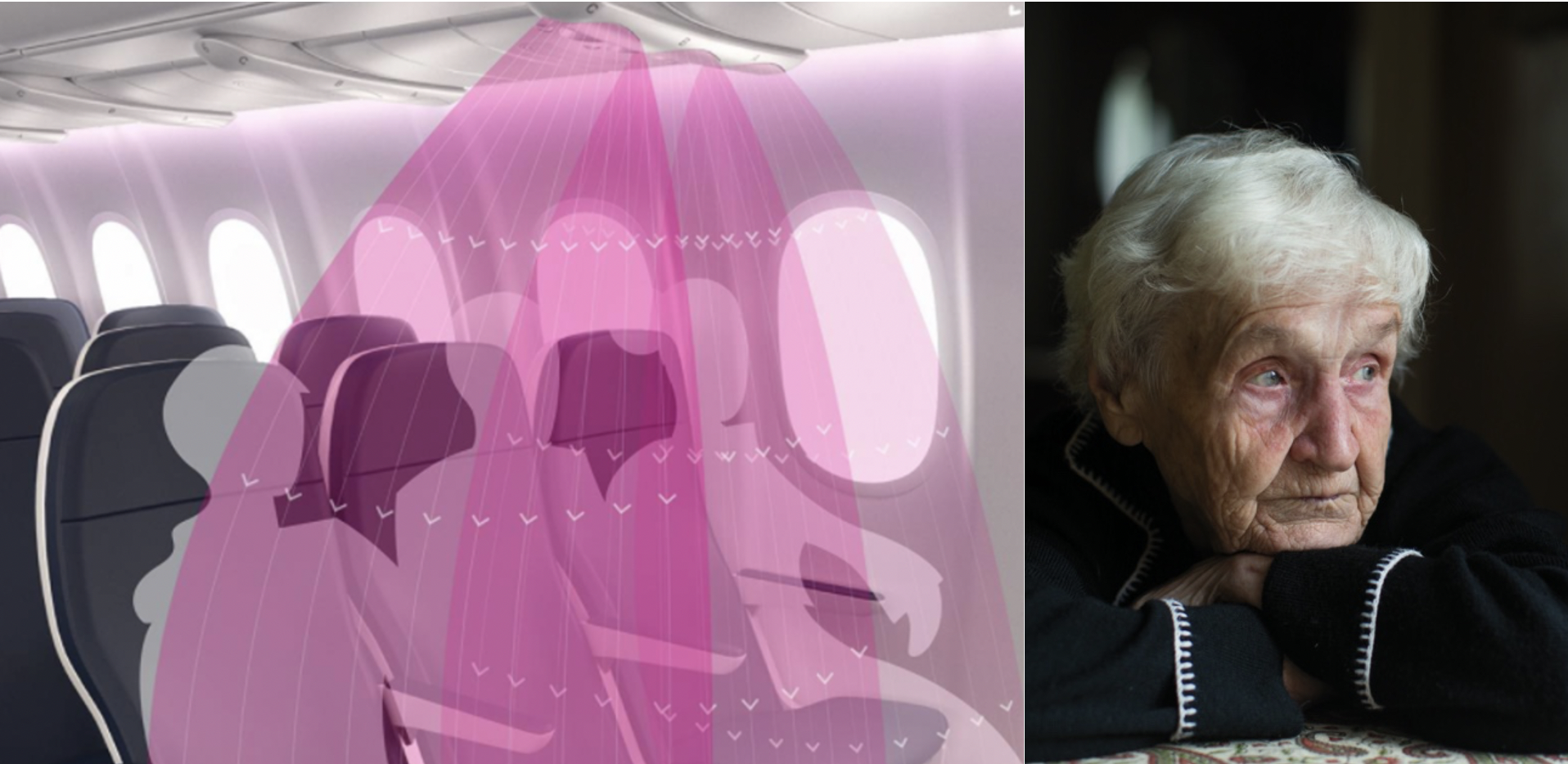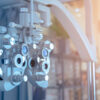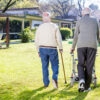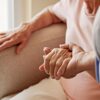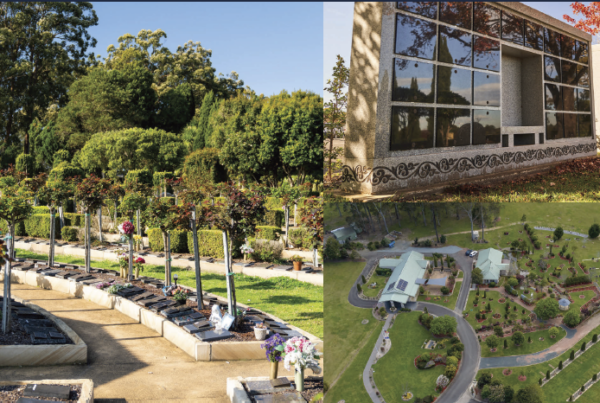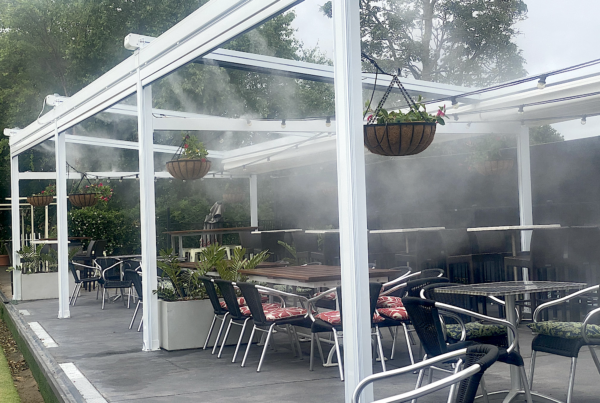As an industry standard, seen within American, Korean, Singapore, and Emirates Airlines, Boeing and Airbus cabins are outfitted with air filtration systems that feature HEPA filters (high efficiency particulate air). HEPA filters are 99.95 per cent accurate in removing particulates such as viruses (COVID-19 and SARS), bacteria and pathogens, making a large impact in the air quality space since the late 20th century.
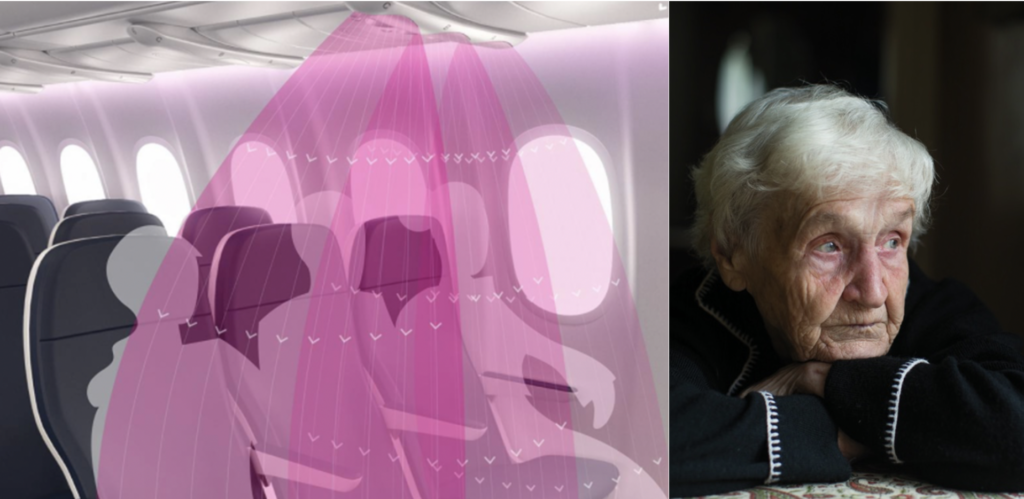
The air makeup of an aircraft is generally 50 per cent of new outside air and 50 per cent recirculated air that passes through HEPA filtration. Purified and new air enters the cabin from the ceiling and flows through to the floor. When virus-containing droplets or aerosols are ejected into the air they fall to the floor rather than surrounding seats, majorly decreasing the probability of virus transmission within the aircraft. In most aircraft, the cabin air is renewed 15 to 30 times an hour or once every two to four minutes. In comparison, air is generally exchanged every ten minutes in hospitals.
Research by the US Transcom saw that aerosol particles in aircrafts remained evident for less than six minutes on average and were removed from the air five to six times faster than the endorsed specifications for hospital operating and patient isolation rooms.
Commercial aircrafts are the safest places on the planet with the ‘cleanest air’.
So, we pose the question: Why do we subject our elderly to unsafe and an unliveable air quality, when we see the possibilities and strategy our Aviation industry has implemented since 1988?
Australia’s aged care sector and elderly citizens are the most susceptible demographic when it comes to COVID-19. We see constant outbreaks within aged care facilities and our elderly loved ones, in some cases leading to loss of life. Therefore, why does our government and care facilities not put more towards risk mitigation? Coronavirus poses a threat to the elderly, but air quality is proving to be just a life threatening, potentially leading to respiratory infections such as pneumonia or more long-term issues such as decreased cognitive ability.
When aged care facilities look at budgeting for an investment in clean air, they must consider what is the associated cost of proper transmission mitigation when our elder’s lives are on the line? As an aged care institution, clean air should be at the top of your risk profile, not just part of your Covid Safe plan. Aged care management should always be proactive in ensuring a safe living environment as their duty of care. Even prior to COVID, we have had the awareness of airborne transmission and the technology to fight this for around 45 years.
Euromate’s air purification technology is internationally renowned, accredited by numerous research institutions. Our systems are ready for simple engineering or are free-standing in design, suitable to all aged care facilities and room sizes.
To protect your aged care residents, talk to one of our engineers today for a free quote and air purification plan!

